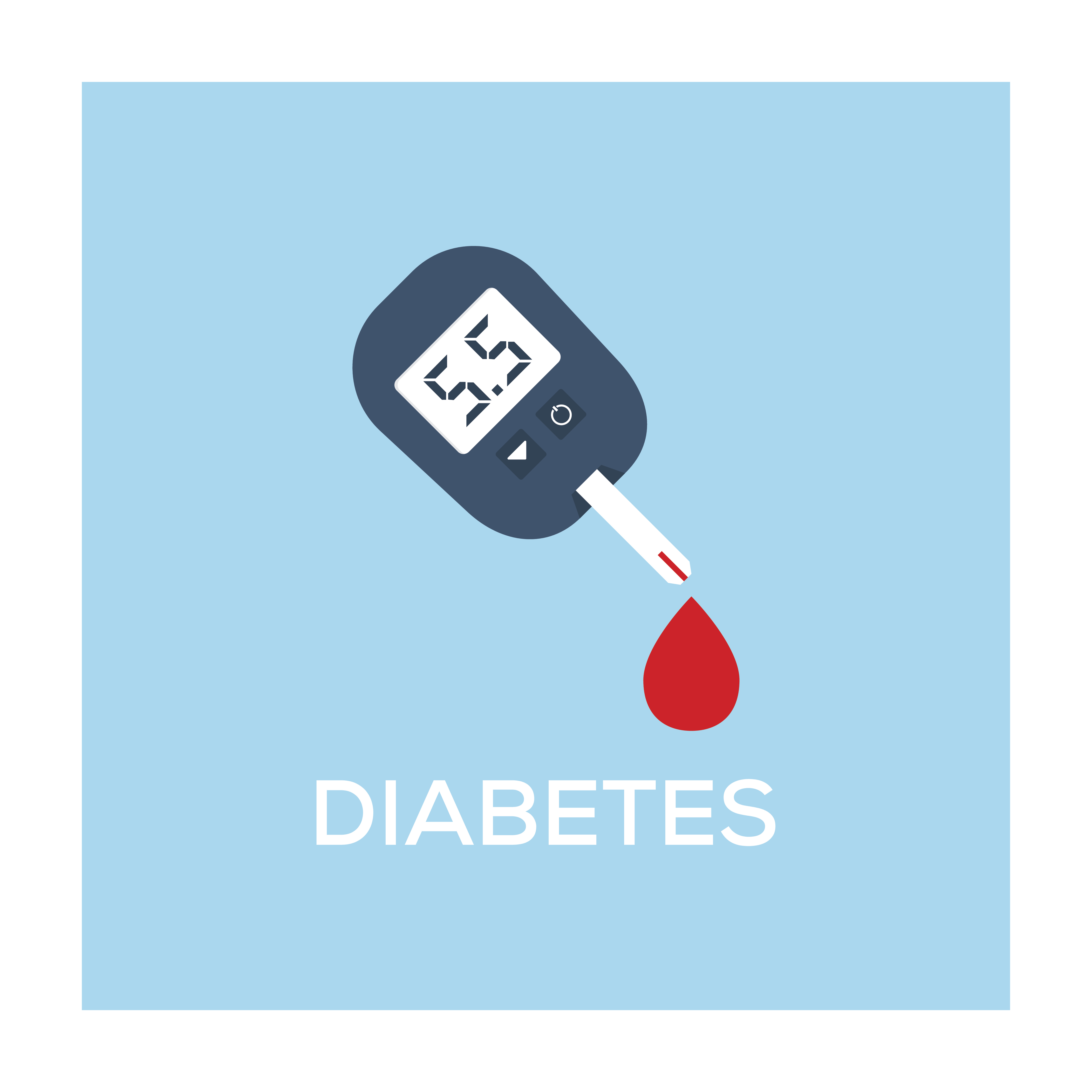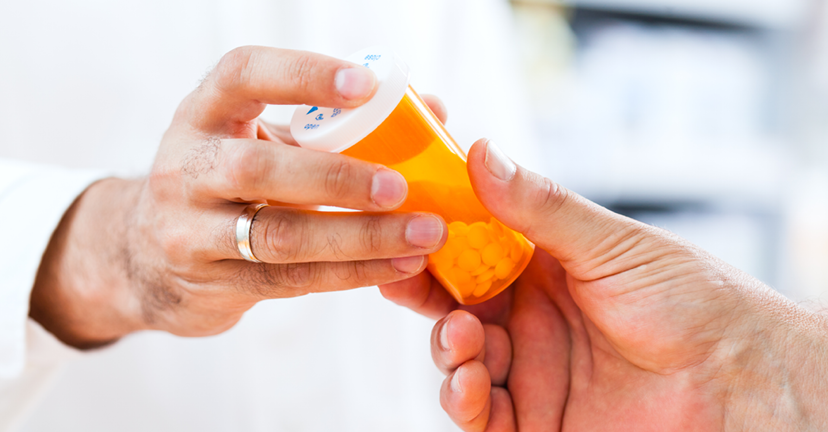Diabetes can be a scary diagnosis. So many things to learn about; blood sugar, diet, exercise, medications, oh my! Let your local Market 32/ Price Chopper Pharmacist help.
Pharmacists are medication experts and can help with those questions that can be so overwhelming. When is the best time to take my diabetes medication? How will my

dinner affect my fasting blood glucose? What is a “good” fasting blood glucose? How do I use my blood glucose meter?
Sometimes a little “one on one” time to go over these questions can be very helpful! Stop by your local Market 32/Price Chopper Pharmacy and ask for help.
Did you know that we have a Diabetes AdvantEdge program to help you fight your diabetes? This allows patients to receive many generic diabetes medications for free and also a free blood glucose meter and discounted test strips. This can go a long way in making those medication costs affordable. We also have a mobile app and web pharmacy so that you can reorder refills on the go. You can even set up reminders right on your phone to help you remember to take a medication. Doesn’t get easier than that! To download go to the app store and download the Price Chopper Pharmacy Mobile App.
Next time you think, “I could use some help with my diabetes”, think Market 32/Price Chopper and stop in! We are happy to help.
Written by Kim DeMagistris, PharmD, RPh
Price Chopper Pharmacist
For more information visit:
https://www.pricechopper.com/pharmacy#/
http://www.diabetes.org/in-my-community/american-diabetes-month/  Written by Kimberly Houser, PharmD
Written by Kimberly Houser, PharmD
Don’t wait to get vaccinated! Two viruses that commonly circulate this time of year are the flu and the common cold. Price Chopper has all of the resources that your family needs to help prevent and also treat these illnesses!
The Center for Disease Control (CDC), recommends that everyone over the age of 6 months receive their flu vaccine to help prevent illness
1. This includes pregnant women and patients with diabetes! The flu virus most commonly causes mild symptoms that tend to include: fever, cough, sore throat, runny or stuffy nose, headache, body aches, chills, and fatigue
2. The flu virus is also associated with complications including hospitalization and even death. This is why it is so important to receive your flu vaccine to help prevent illness and complications.
Price Chopper Pharmacy is now carrying two formulations of the flu vaccine and can vaccinate patients over the age of 19. Patients can receive the intradermal formulation. The intradermal flu shot has a 90% smaller needle so it is a great option for people that are afraid of needles. Patients over the age of 65 can also receive the high dose flu vaccine at their local Price Chopper Pharmacy. This vaccine has four times the amount of antigen to help boost the immune response in patients over the age of 65. Ask your local Price Chopper Pharmacist which flu vaccine is right for you!

Along with proper hand washing, the flu vaccine is the best way to prevent the flu, but unfortunately can’t prevent the common cold. Common symptoms for a cold include: stuffy, runny nose, scratchy throat, sneezing, watering eyes, low-grade fever, sore throat, or mild hacking cough
3. If someone in your family comes down with a cold this season, stop by your local Price Chopper for all of your cough and cold needs. Stock up today on helpful items like hand sanitizer, tissues, and antihistamines. Don’t forget to ask your pharmacist which products are best for you!
- U.S. Department of Health and Human Services. CDC’s Advisory Committee on Immunization Practices Recommends Universal Annual Influenza Vaccination [Internet]. 2010 [cited 2010 May 11]. Available from: http://www.cdc.gov/media/pressrel/2010/r100224.htm
- About the Flu [Internet]. [cited 2010 May 11]. Available from: http://www.flu.gov/individualfamily/about/index.html
- Common Cold [Internet]. [cited 2012 June 18]. Available from: http://pricechopper.staywellsolutionsonline.com/Search/85,P00620
 dinner affect my fasting blood glucose? What is a “good” fasting blood glucose? How do I use my blood glucose meter?
Sometimes a little “one on one” time to go over these questions can be very helpful! Stop by your local Market 32/Price Chopper Pharmacy and ask for help.
Did you know that we have a Diabetes AdvantEdge program to help you fight your diabetes? This allows patients to receive many generic diabetes medications for free and also a free blood glucose meter and discounted test strips. This can go a long way in making those medication costs affordable. We also have a mobile app and web pharmacy so that you can reorder refills on the go. You can even set up reminders right on your phone to help you remember to take a medication. Doesn’t get easier than that! To download go to the app store and download the Price Chopper Pharmacy Mobile App.
Next time you think, “I could use some help with my diabetes”, think Market 32/Price Chopper and stop in! We are happy to help.
Written by Kim DeMagistris, PharmD, RPh
Price Chopper Pharmacist
For more information visit:
https://www.pricechopper.com/pharmacy#/
http://www.diabetes.org/in-my-community/american-diabetes-month/
dinner affect my fasting blood glucose? What is a “good” fasting blood glucose? How do I use my blood glucose meter?
Sometimes a little “one on one” time to go over these questions can be very helpful! Stop by your local Market 32/Price Chopper Pharmacy and ask for help.
Did you know that we have a Diabetes AdvantEdge program to help you fight your diabetes? This allows patients to receive many generic diabetes medications for free and also a free blood glucose meter and discounted test strips. This can go a long way in making those medication costs affordable. We also have a mobile app and web pharmacy so that you can reorder refills on the go. You can even set up reminders right on your phone to help you remember to take a medication. Doesn’t get easier than that! To download go to the app store and download the Price Chopper Pharmacy Mobile App.
Next time you think, “I could use some help with my diabetes”, think Market 32/Price Chopper and stop in! We are happy to help.
Written by Kim DeMagistris, PharmD, RPh
Price Chopper Pharmacist
For more information visit:
https://www.pricechopper.com/pharmacy#/
http://www.diabetes.org/in-my-community/american-diabetes-month/  Written by Kimberly Houser, PharmD
Don’t wait to get vaccinated! Two viruses that commonly circulate this time of year are the flu and the common cold. Price Chopper has all of the resources that your family needs to help prevent and also treat these illnesses!
The Center for Disease Control (CDC), recommends that everyone over the age of 6 months receive their flu vaccine to help prevent illness1. This includes pregnant women and patients with diabetes! The flu virus most commonly causes mild symptoms that tend to include: fever, cough, sore throat, runny or stuffy nose, headache, body aches, chills, and fatigue2. The flu virus is also associated with complications including hospitalization and even death. This is why it is so important to receive your flu vaccine to help prevent illness and complications.
Price Chopper Pharmacy is now carrying two formulations of the flu vaccine and can vaccinate patients over the age of 19. Patients can receive the intradermal formulation. The intradermal flu shot has a 90% smaller needle so it is a great option for people that are afraid of needles. Patients over the age of 65 can also receive the high dose flu vaccine at their local Price Chopper Pharmacy. This vaccine has four times the amount of antigen to help boost the immune response in patients over the age of 65. Ask your local Price Chopper Pharmacist which flu vaccine is right for you!
Written by Kimberly Houser, PharmD
Don’t wait to get vaccinated! Two viruses that commonly circulate this time of year are the flu and the common cold. Price Chopper has all of the resources that your family needs to help prevent and also treat these illnesses!
The Center for Disease Control (CDC), recommends that everyone over the age of 6 months receive their flu vaccine to help prevent illness1. This includes pregnant women and patients with diabetes! The flu virus most commonly causes mild symptoms that tend to include: fever, cough, sore throat, runny or stuffy nose, headache, body aches, chills, and fatigue2. The flu virus is also associated with complications including hospitalization and even death. This is why it is so important to receive your flu vaccine to help prevent illness and complications.
Price Chopper Pharmacy is now carrying two formulations of the flu vaccine and can vaccinate patients over the age of 19. Patients can receive the intradermal formulation. The intradermal flu shot has a 90% smaller needle so it is a great option for people that are afraid of needles. Patients over the age of 65 can also receive the high dose flu vaccine at their local Price Chopper Pharmacy. This vaccine has four times the amount of antigen to help boost the immune response in patients over the age of 65. Ask your local Price Chopper Pharmacist which flu vaccine is right for you!
 Along with proper hand washing, the flu vaccine is the best way to prevent the flu, but unfortunately can’t prevent the common cold. Common symptoms for a cold include: stuffy, runny nose, scratchy throat, sneezing, watering eyes, low-grade fever, sore throat, or mild hacking cough3. If someone in your family comes down with a cold this season, stop by your local Price Chopper for all of your cough and cold needs. Stock up today on helpful items like hand sanitizer, tissues, and antihistamines. Don’t forget to ask your pharmacist which products are best for you!
Along with proper hand washing, the flu vaccine is the best way to prevent the flu, but unfortunately can’t prevent the common cold. Common symptoms for a cold include: stuffy, runny nose, scratchy throat, sneezing, watering eyes, low-grade fever, sore throat, or mild hacking cough3. If someone in your family comes down with a cold this season, stop by your local Price Chopper for all of your cough and cold needs. Stock up today on helpful items like hand sanitizer, tissues, and antihistamines. Don’t forget to ask your pharmacist which products are best for you!






